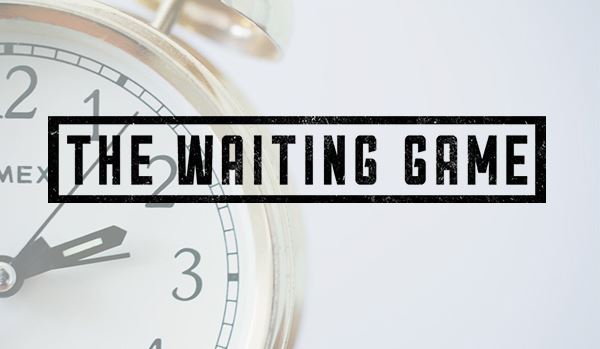President Trump on June 21 rescinded an executive order issued by former President Obama in 2012 that sought to speed up visa interview wait times for nonimmigrant visa applicants, including visitors for business or pleasure, students, and other temporary visitors. More visa delays and denials are likely as a result of the Trump administration’s reduced emphasis on efficiency as well as new, in-depth vetting questions the administration is putting into place.
More specifically, Trump’s order removed a section of Obama’s January 2012 executive order 13597 that directed the U.S. Departments of State and Homeland Security and other federal agencies to make sure that 80 percent of nonimmigrant visa applicants are interviewed within three weeks of the time their applications are received. Obama issued the original order in 2012, saying that reduced processing times for tourist and business visas would create jobs and spur economic growth.
The new executive order completely removed the Obama-era provision, which had also specified that “resource and security considerations and the need to ensure provision of consular services to U.S. citizens may dictate specific exceptions.”
Unlike most executive orders, this one does not explain the purpose of the president’s action. But White House spokesman Michael Short stated,
This is a very straightforward step that removes an arbitrary requirement and ensures the State Department has the needed discretion to make real-world security determinations…. The president expects careful, accurate vetting of visa applicants, not a rushed process to accommodate an arbitrary deadline.
The administration in late May signed off on a new detailed questionnaire for visa applicants worldwide that calls for data such as their social media user names and 15 years’ worth of travel, employment, residence, and other biographical information. The questionnaire will be given to applicants to fill out when consular officers determine that the information requested is needed to confirm an individual’s identity or when “more rigorous” national security vetting is deemed necessary, a State Department official has stated.
While it’s true that adjudication of every visa application is a national security decision, it’s also true that each adjudication is a diplomatic and economic decision. The American Chamber of Commerce in China’s 2013 White Paper applauded Obama’s executive order, saying:
During the decade ending in 2010, the US market share of spending by international travelers fell from 17 percent to 11 percent, a more than 30 percent decrease in the US share of the global market. Among the reasons for the slide were a burdensome US visa system and lack of visa processing capacity. [Waits for visa appointments had at times exceeded 100 days in 2010 and 70 days in 2011.] The United States was unable to take advantage of booming US visa demand by Chinese. But measures put in place by the State Department to implement EO 13597 have made impressive strides, including hiring 50 new consular officials in China, decreasing visa processing times, and plans to begin processing visas at the US Consulate in Wuhan in 2014. AmCham China advocates continued progress to keep up with forecasts of Chinese travel to the United States, which is expected to grow 259 percent between 2012 and 2017 according to the Commerce Department.
Trump’s executive order asks that the Secretaries of State and Homeland Security take the lead in revising the implementation plan for EO 13597. The previous plan covered strategies for reducing visa wait times, such as:
- streamlining the visa application process through a Global Support Strategy covering contractor procedures for taking fingerprints, setting appointments, paying visa fees, arranging for document delivery, etc.
- increased staffing in visa sections;
- an interview waiver pilot program (IWPP) for certain low-risk visa applicants; and
- expanding existing facilities and exploring possibilities for additional visa-processing facilities.
The revised plan that Trump’s order has requested from the Secretaries of State and Homeland Security should take a fresh look at such topics, as well as finding ways to make the Form DS-160, Nonimmigrant Visa Application, more user friendly.
U.S. businesses that depend on visits from customers, partners, and employees from abroad, as well as the U.S. travel and tourism industry should press the Departments of State and Homeland Security to continue to take into account not just national security but also diplomatic and economic goals in formulating nonimmigrant visa policies.


Leave a Reply